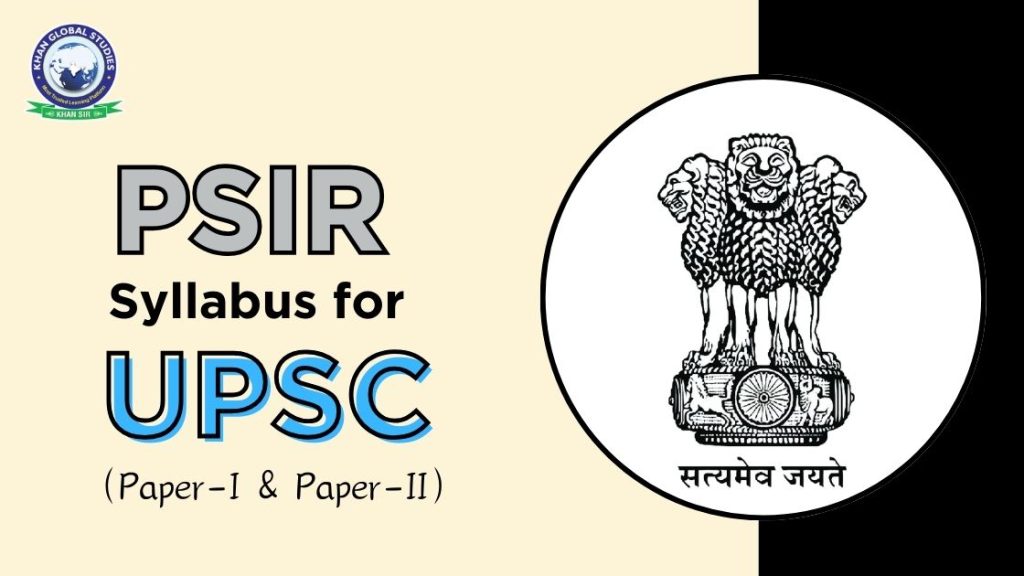
Political Science and International Relations (PSIR) as an optional subject has consistently scored high marks, making it a better subject to crack UPSC CSE Mains easily. In this article, we will read about the PSIR syllabus for UPSC as an optional subject.
What is PSIR?
PSIR stands for Political Standards for International Relations. It is a well-known fact that there is a lot of study material available for PSIR. The curriculum includes subjects like the Constitution of India, International Organizations, International Economic System and Trade, India’s Foreign Policy and Peace Keeping. It also includes issues such as freedom fighters and Indian politics. These subjects are also included in the General Studies curriculum.
One of the most popular UPSC optional subjects for the UPSC Mains exam is Political Science and International Relations or PSIR. One of the most useful things to learn for aspiring bureaucrats is Political Science and International Relations as it introduces you to one of the toughest subjects.
However, before choosing a subject as optional you must have a keen interest in it. If Political Science is a subject that interests you, make sure you read the UPSC Political Science Optional Syllabus carefully.
Goal of PSIR
The goal of the Political Science and International Relations Major (PSIR) is to provide theoretical and practical education to prepare aspirants to participate in high-level decision-making processes in various regions around the world.
To prepare its graduates for leadership positions and roles in both the public and private sectors, PSIR aspires to educate aspirants through the fundamental principles and practices of politics both domestically and internationally.
The curriculum strongly emphasizes teaching conceptual tools and analytical skills, so that aspirants can understand and analyze political norms, institutions, processes, and behaviors in different political systems and international contexts.
PSIR Syllabus for UPSC (Paper-I)
Section A: Political Theory and Indian Politics
- The syllabus of PSIR Paper-I includes meaning and approach.
- Liberal, neoliberal, post-colonial, Marxist, pluralist, and feminist theories of the state.
- Justice: Concepts of justice, especially in the light of Rawls’s theory of justice and the community criticisms it has received.
- Political, social, and economic equality; How are equality and liberty related; Positive action.
- Rights: definition and principles; Types of rights; Human rights concept.
- Classical and modern ideas of democracy; Different types of democracy including representative, participatory and deliberative.
- Ideology, hegemony and legitimacy are three concepts of power.
- Socialism, liberalism, marxism, fascism and feminism are examples of political ideologies.
Section B: Indian Politics and Government
- Political approaches to India’s freedom struggle: from constitutionalism to large-scale satyagraha, militant and revolutionary movements, civil disobedience, non-cooperation, peasant and labor movements
- Radical Humanist, Dalit, Liberal, Socialist and Marxist Perspectives on the Indian National Movement.
- different social and political viewpoints; British heritage; Making of the Indian Constitution.
- Preamble, Directive Principles, Fundamental Rights and Duties, Parliamentary System and Amendment Procedures, Judicial Review and Basic Structure Concept are the major elements of the Indian Constitution.
- The Supreme Court, the legislature and the executive: their intended functions and actual operation.
- The Executive, the Legislature and the High Court: Their intended functions and actual operations.
- Local government and Panchayati Raj are examples of grassroots-level democracy.
PSIR Syllabus for UPSC (Paper-II)
Section A: Comparative International Relations and Politics
Comparative International Relations and Political Analysis:
- Comparative Politics: Its Nature and Main Approaches; Perspectives from political sociology and economics; And its limitations.
- Comparative analysis of the state examines the characteristics and evolving character of the state in socialist and capitalist economies as well as in advanced industrial and developing civilizations.
- Political parties, interest groups, and social movements in developed and developing cultures are all examples of the politics of representation and participation.
- Responses of both developed and developing societies to globalization.
- Idealist, realist, Marxist, functionalist and systems theoretical approaches to international research relations.
- Important International Relations Concepts: International Players and Collective Security; National interest, security and power; Balance of power and resistance; World capitalism and globalization
- Rise of superpowers; The international political system is changing due to strategic and ideological changes. The Cold War, the arms race, and bipolarity; nuclear threat
Section B: World and India
- Indian Foreign Policy: Factors influencing it; Institutions involved in its preparation; Continuity and change.
- India’s participation in the Non-Aligned Movement has had several phases; present position.
- Both South Asia and India:
- Regional Cooperation: SAARC’s Historical Performance and Potential.
- Free Trade Area for South Asia.
- India’s “Look East” policy.
- Barriers to regional cooperation include border disputes, ethnic conflicts, illegal cross-border migration and river water issues.
- relations with Latin America and Africa; Leadership in calling for NIEO and WTO negotiations; India and the Global South.
- India and major world powers – United States, European Union, Japan, China and Russia.
- India and the United Nations System: Contribution to UN Peacekeeping; Request for a permanent seat on the Security Council.
Benefits of Choosing the PSIR Optional Subject
- The syllabus of PSIR is in line with the General Studies syllabus and has many similarities with GS Papers I, II, III and IV. Thus, GS is loaded with optional, which gives PSIR aspirants a competitive edge over their competitors.
- Every year the paper includes several essay topics related to the PSIR curriculum. Political Science background in political thought and IR helps a lot in succeeding in the essay exam.
- PSIR is extremely helpful in personality testing/interviews.
- The breadth and greater predictability in question patterns make it the ‘most suitable subject’ for aspirants with Science (Engineering and Medicine), Commerce and Arts backgrounds.
Special Features of PSIR Optional Coaching
The following are the special features of our PSIR Classroom Program:
- We aim to provide aspirants with a one-stop solution for optional preparation.
- Strategic classroom preparation with a special focus on conceptual clarity and understanding of trends and issues.
- The “exam-centric approach” focuses on clear explanations rather than mere dictation which will develop the ability of aspirants to deal with unexpected questions.
- Concise, well-researched and exam-ready study material on each topic.
- Comprehensive and timely coverage of curriculum
- We focus on the inter-relationships between the optional papers, Paper I and II.
- Individual guidance and counselling especially benefit aspirants with a non-political science background.
- Interactive classroom to bring out the best in aspirants
- Holistic training in the art of answer writing to improve writing skills with accuracy and conciseness. Regular Answer Writing practice for aspirants.
- 2.5-hour classroom sessions per day, six days a week, totalling 300+ hours of classroom teaching and discussions.
- Updated quotes from magazines, newspapers and journals related to dynamic parts of the syllabus, especially IGP and IR sections.
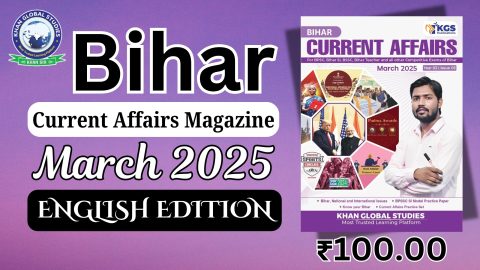
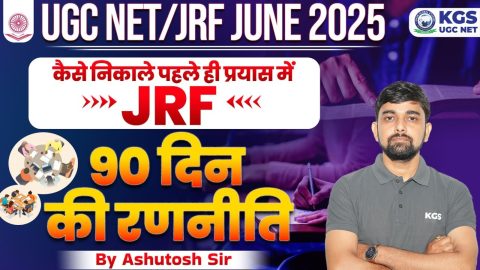

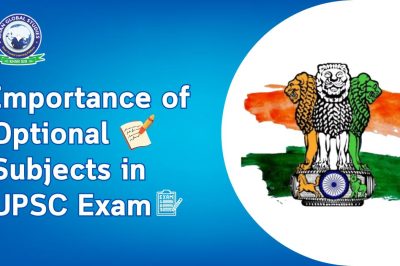
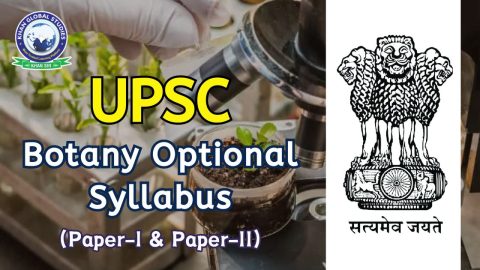
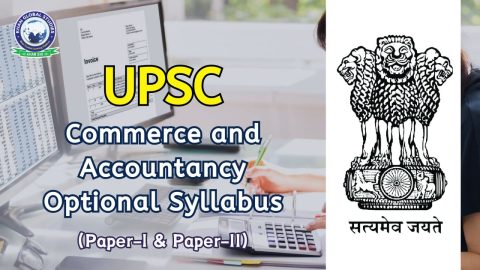
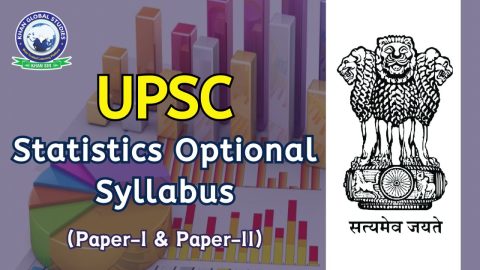
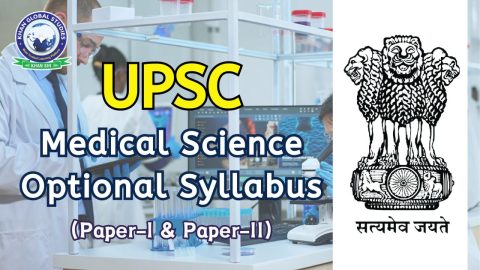
When will you start philosophy optional classes ? Sir
Hello, please contact our customer support @ +918757354880 for details. Thanks for connecting with us.
When ll you starting psir optional